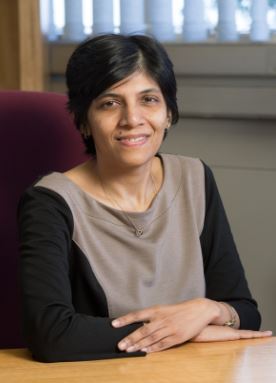Uncategorised
Education Strategic Planning Subcommittee
The Education Strategic Planning Subcommittee is responsible for identifying strategic directions for the IEEE CIS Education Committee in accordance with its the mission. An example of its charge is to discuss new and better ways to provide access to current and new educational materials and to foment learning on topics related to CI by high-school students, undergraduate students, graduate students, and Industry personnel. Educational materials include, but are not limited to, videos, powerpoints, lecture notes, on-line courses and other resources; and access to those materials should be through intuitive interfaces that can provide application-specific and topic-specific searches in a didactic manner – i.e. not a simple popularity-based search engine, but educational-driven.
Education Strategic Planning subcommittee
Chair: Annabel Latham
Department of Computing and Mathematics Manchester Metropolitan University
Website: https://www2.mmu.ac.uk/computing-and-maths/staff/profile/index.php?id=2382
Content Creation Sub-Committee
Subcommittee Role
The content creation subcommittee is tasked with encouraging the creation of educational content. A primary venue for this will be contacting conferences and encouraging them to record plenary presentations and invited and contributed talks. This mission overlaps with that of the continuing education subcommittee and, as the content creation subcommittee manages to encourage the creation of content, they will refer the results to the continuing education subcommittee for inclusion in their repository.
Content Creation Chair

Leibniz University Hannover
Content Creation Member
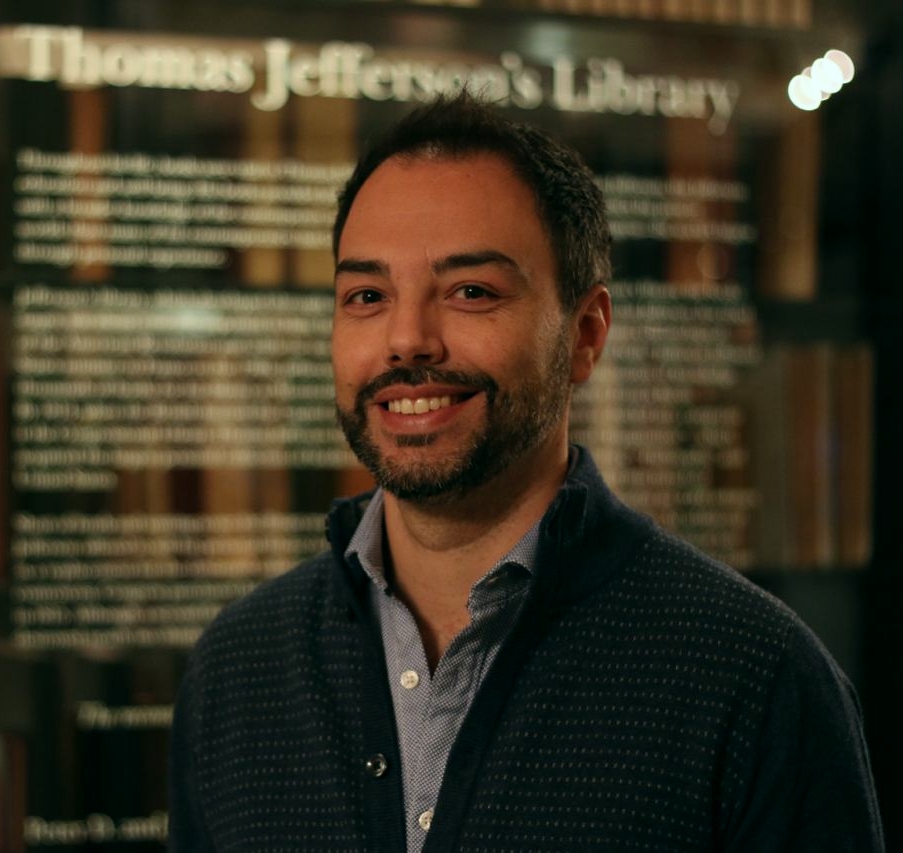
University of Pisa

Chinese Academy of Sciences

University of Missouri
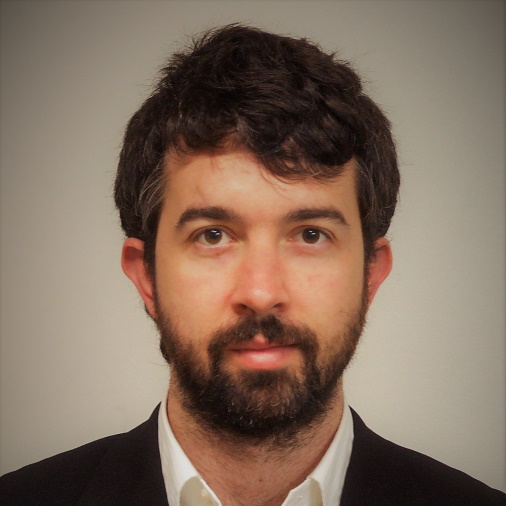
ARQ (Advanced Robotics at Queen Mary) School of Electronic Engineering and Computer Science

Chinese Academy of Sciences, Institute of Automation
Content Creation Sub-Committee
Subcommittee Role
The content creation subcommittee is tasked with encouraging the creation of educational content. A primary venue for this will be contacting conferences and encouraging them to record plenary presentations and invited and contributed talks. This mission overlaps with that of the continuing education subcommittee and, as the content creation subcommittee manages to encourage the creation of content, they will refer the results to the continuing education subcommittee for inclusion in their repository.
IEEE CIS Activities

Welcome to IEEE CIS Activites. We are the world's largest Computational Intellgence network. Please navigate below to learn about the CIS activites.
IEEE CIS Committees
Diversity and Inclusion
The aims of the sub-committee are to:
- Adopt strategies proposed by the IEEE TAB Committee on Diversity and Inclusion to increase engagement of Underrepresented Groups (URGs) with the IEEE Computational Intelligence Society.
- Continually identify processes within the IEEE Computational Intelligence Society that are barriers to representation and inclusion and suggest improvements.
- Monitor and evaluate diversity and inclusion within the IEEE Computational Intelligence Society
- Work with the IEEE TAB Committee on Diversity and Inclusion to develop a common message and programs on diversity and inclusion.
For more information on Diversity & Inclusion at IEEE please visit: Diversity, Equity & Inclusion at IEEE.
Nelishia Pillay
Diversity and Inclusion Chair
Department of Computer Science
University of Pretoria
npillay@cs.up.ac.za
https://cs.up.ac.za/cs/npillay/index.html
2024 Mentoring and Skills Development Sub-Committee
Committee Chair
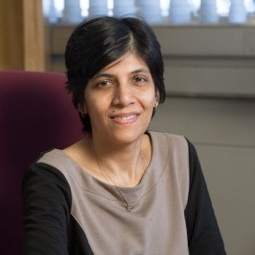
Nelishia Pillay
University of Pretoria, South Africa
npillay@cs.up.ac.za
Vice Chair
| Name | Affiliation | Country/Region |
| Jose Alonso |
Members
| Name | Affiliation |
| Ivan Amaya | Tecnológico de Monterrey, |
| Gabriella Casalino | University of Bari |
| Carlos Coello | CINVESTAV-IPN |
| Alexander Dockhorn | Leibniz Universitaet Hannover |
| Heba El-Fiqi | University of South Wales |
| Daniele Loiacono | Politecnico di Milano |
| Marcus Liwicki | Luleå University of Technology |
| Alonso Moral Jose Maria | Universidade de Santiago de Compostela |
| Thambo Nyathi | University of Pretoria |
| Benjamin Paaßen | German Research Center for Artificial Intelligence |
| Direnc Pekaslan | University of Nottingham |
| Amit Shukla | University of Vaasa |
| M. Tanveer | Indian Institute of Technology Indore |
| Christian Wagner | University of Nottingham, UK |
| Anna Wilbik | Maastricht University |
| Zenglin Xu | Harbin Institute of Technology |
Updated: 4/12/2024
Special Track on CI for COVID-19
Dear all,
Even as I write this message, the impact of the COVID-19 pandemic is rapidly growing. The whole world is passing through a period of severe crisis, with scientists and researchers all over the globe working hard to help combat and reduce the spread of the virus.
In order to contribute towards the fight against COVID-19, the IEEE Computational Intelligence Society (IEEE CIS) has set up a new program, the COVID 19 Initiative. Under this initiative, IEEE TETCI has launched a Special Track on emerging CI methodologies and applications with primary focus on combating COVID-19. The Editorial Board of IEEE TETCI will expedite, to the extent possible, the processing of all articles submitted to this track – under the condition that the submitted article is within the scientific scope of TETCI and has a clear research focus on COVID-19. Please check the S1M submission site of TETCI for further instructions on how to submit a COVID-19 focused manuscript.
All articles accepted through this special track will be published free-of-charge to authors and readers as free access for one year from the date of publication. This will enable the research findings to be disseminated widely and freely to other researchers and the community at large.
To conclude, I wish everyone to be safe and healthy.
Best regards,
Yew-Soon Ong, Editor in Chief
IEEE Transactions on Emerging Topics in Computational Intelligence
Submission and Review Process
Submission and review of manuscripts is done through Manuscript Central, the IEEE's online submission and review system. Please log on to http://mc.manuscriptcentral.com/tetci-ieee and submit your manuscript with the manuscript type: Special track on CI for COVID-19. Please make sure that your submission is within the scope of IEEE TETCI, and has a clear research focus on COVID-19.
All manuscripts submitted to the special track will undergo a fast review process, targeting a first decision within 4 weeks. If a manuscript goes through to the revision stage, the author(s) will then have 2 weeks of revision time, followed by another round of review within 3 weeks before a final decision is reached. That is to say, we target to reach a final decision for all manuscripts submitted to this special track within a total of 9 weeks.
Technical Committee Appointment Information
Each Technical Committee (TC) shall have a Chair, two Vice-Chairs and a number of Members. TC Chairs shall be appointed by the President of the Society in January. The TC Chair will then appoint two TC Vice-Chairs and TC Members. The appointment of the TC Vice-Chairs and the TC Members needs to be approved by the Vice President for Technical Activities. TC Chairs, Vice-Chairs and committee members must all be IEEE CIS members. The number of TC Members should ideally be between 20 and 35, and not to exceed 40 in any given year. It may be necessary to limit the number of appointed new members to adhere to this requirement.
In addition to maintaining compliance with the IEEE governing documents, one of the more important aspect to consider when evaluating potential membership in a TC is ensuring that each TC will be able to work productively, positively and collaboratively together for the greater good of IEEE, IEEE CIS, and the larger community.
TC chairs will, as much as it is feasible, recruit a diverse and inclusive TC membership with respect to such factors as gender, geographical region, and professional affiliation (government, public sector, industry and academia), with a particular emphasis on the engagement of Under-Represented Groups. TC members are expected to be active in IEEE CIS with a reasonable track record of research, especially in IEEE CIS publications and conferences, relative to opportunity. The TC chair may nominate active and competent researchers, government, public sector or industry representatives from areas outside of IEEE CIS in TCs where multi-disciplinary input is valuable. In all cases, the TC Chairs will use their professional judgement to make a decision on the nomination of TC members, considering in particular the key aspects in respect to membership listed above. TC Chairs may consider publicly available sources of relevant information such as academia-focused search engines, to inform their decision.
In Memoriam
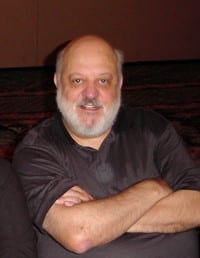
Dr. Enrique H. Ruspini
1942 - 2019
Dr. Ruspini was the recipient of the 2018 IEEE Frank Rosenblatt Technical Field Award and of the 2009 Fuzzy Systems Pioneer Award of the IEEE Computational Intelligence Society. He was a Life Fellow of the IEEE, a First Fellow of the International Fuzzy Systems Association, a Fulbright Scholar, a European Union Marie Curie Fellow, and a SRI International Fellow. In 2004, he received the Meritorious Service Award of the IEEE Neural Networks Society for leading the transition of the Neural Networks Council into Society status. He was one of the founding members of the North American Fuzzy Information Processing Society (NAFIPS) and the recipient of that society’s King-Sun Fu Award. Dr. Ruspini was also the Editor in Chief (together with P.P.Bonissone and W. Pedrycz) of the Handbook of Fuzzy Computation and a member of the Advisory and Editorial Boards of numerous professional journals.
-Video courtesy of Bernadette Bouchon-Meunier
Dr. Ruspini was an active IEEE volunteer, officer, and leader for over 25 years. He was a member of the IEEE Board of Directors and Past-President (President-2001) of the IEEE Neural Networks Council (now Computational Intelligence Society). He occupied numerous positions at the NNC, NNS, and CIS, was a CIS Distinguished Lecturer, NNC Vice President for Conferences (1999-2000), and CIS Vice President for Finance (2013–2018). Dr. Ruspini was the General Chair of the Second IEEE International Conference on Fuzzy Systems (FUZZ-IEEE’93) and the 1993 IEEE International Conference on Neural Networks. His many contributions to the Computational Intelligence Society were both formative and enduring. His absence creates a void that will be difficult to fill and leaves us all missing Enrique as a professional colleague and friend.
